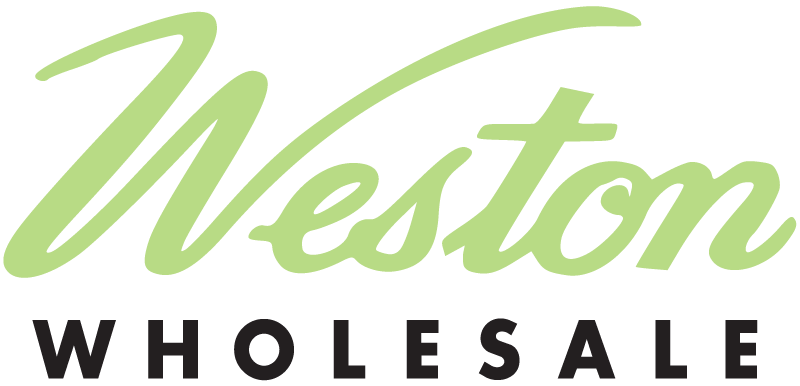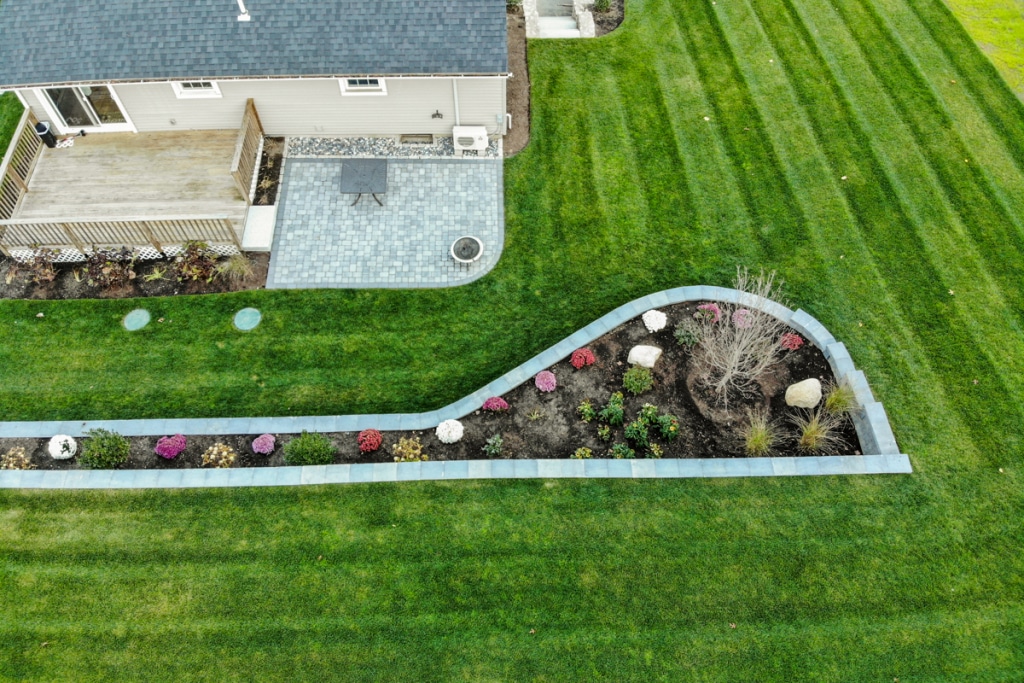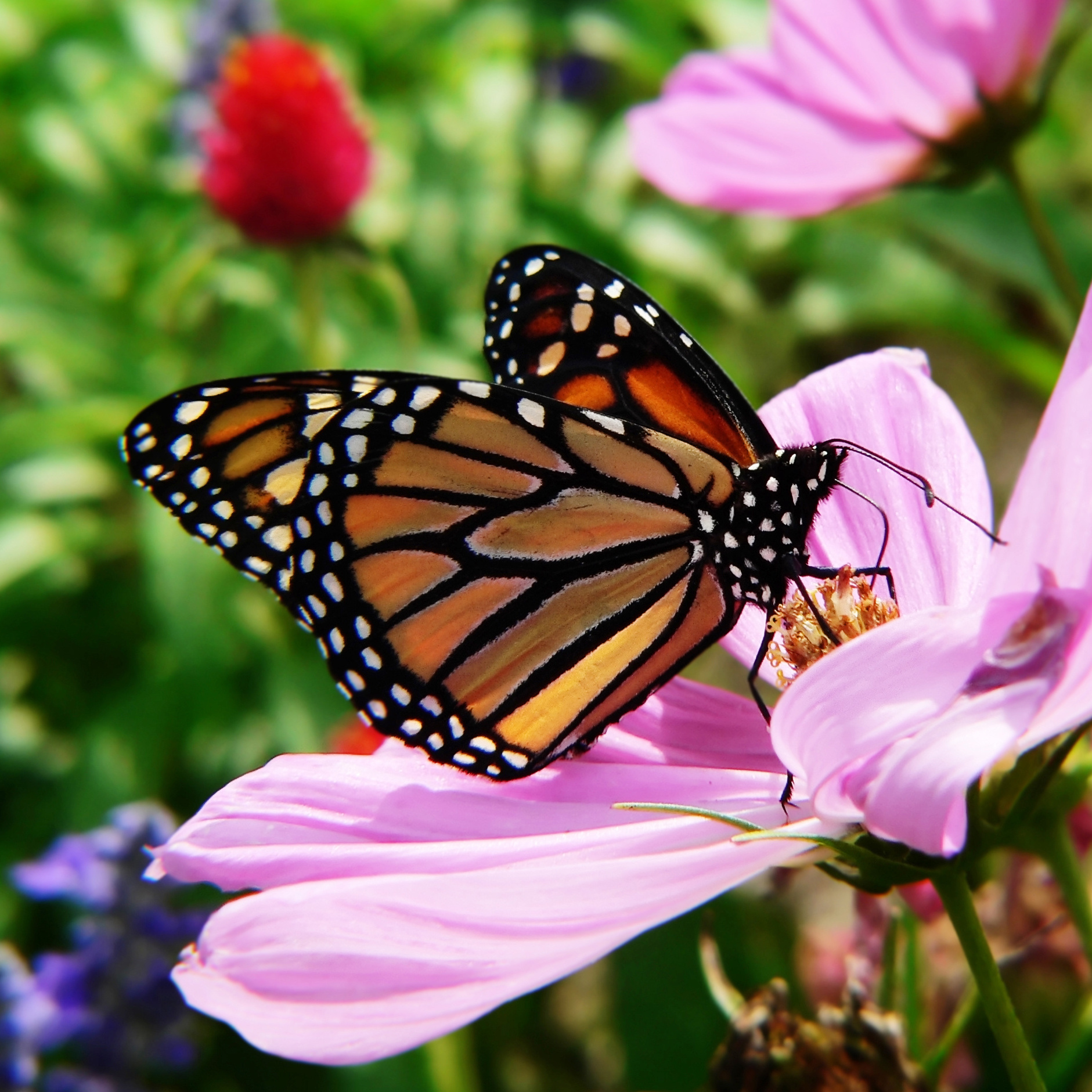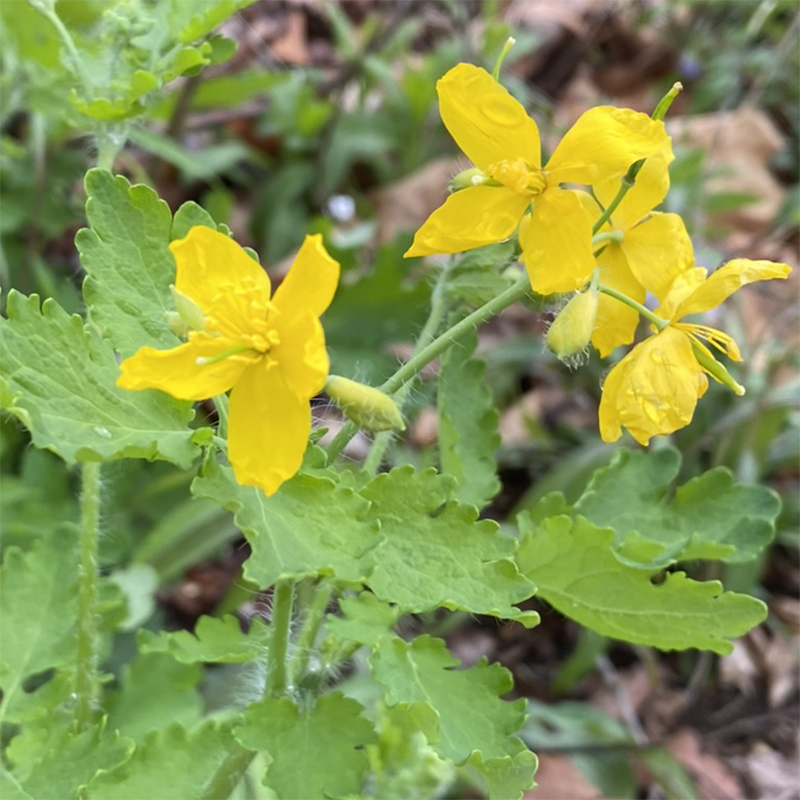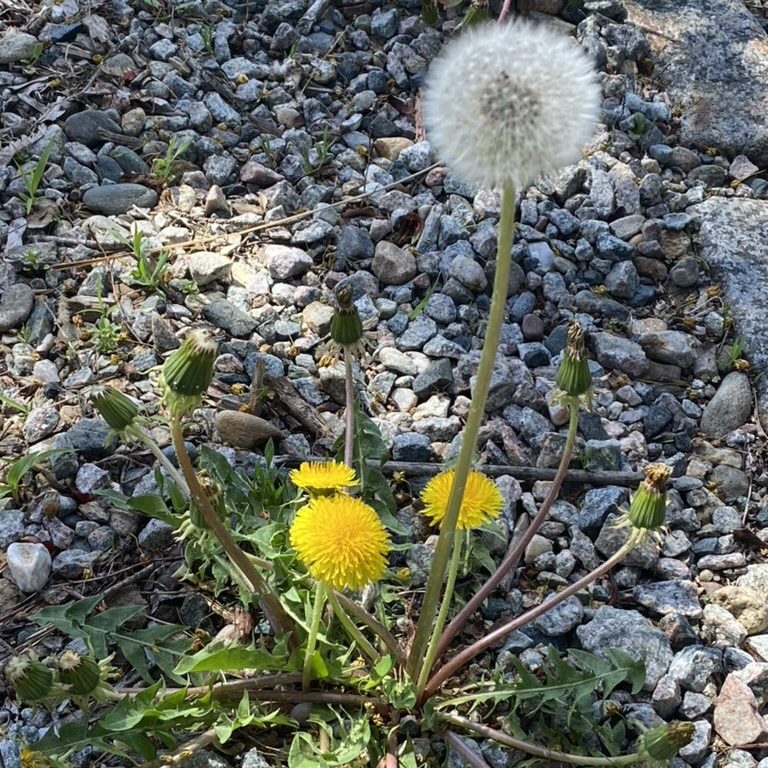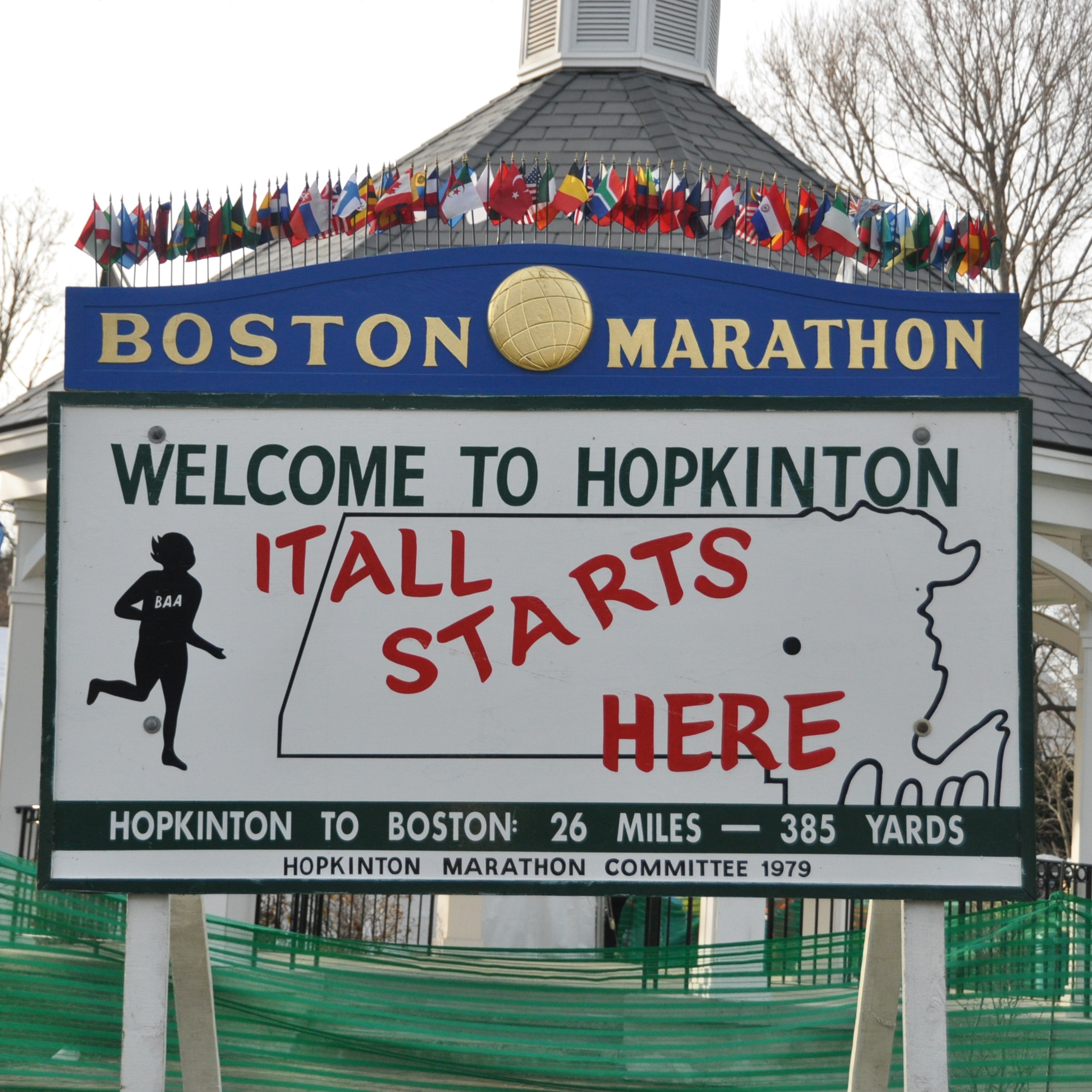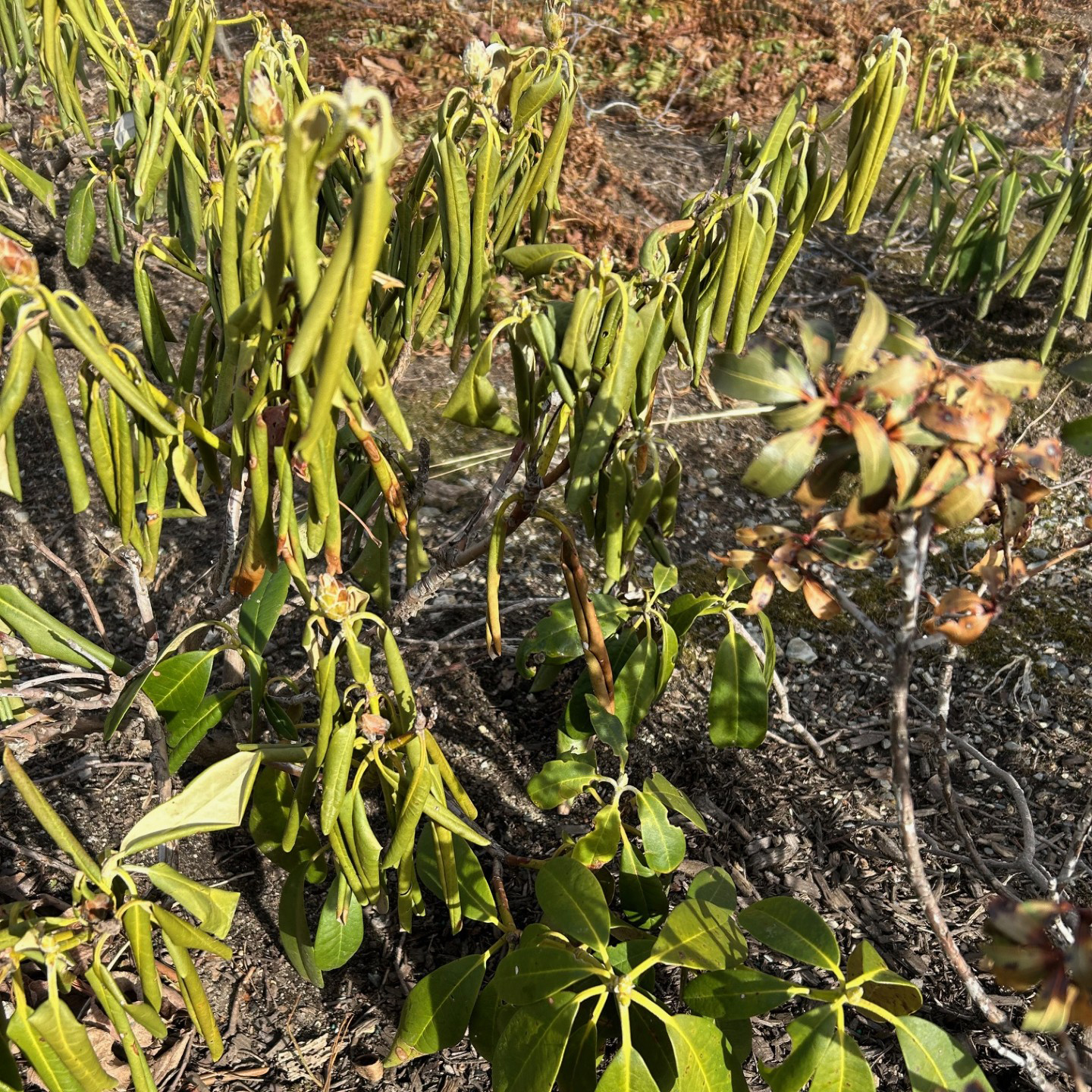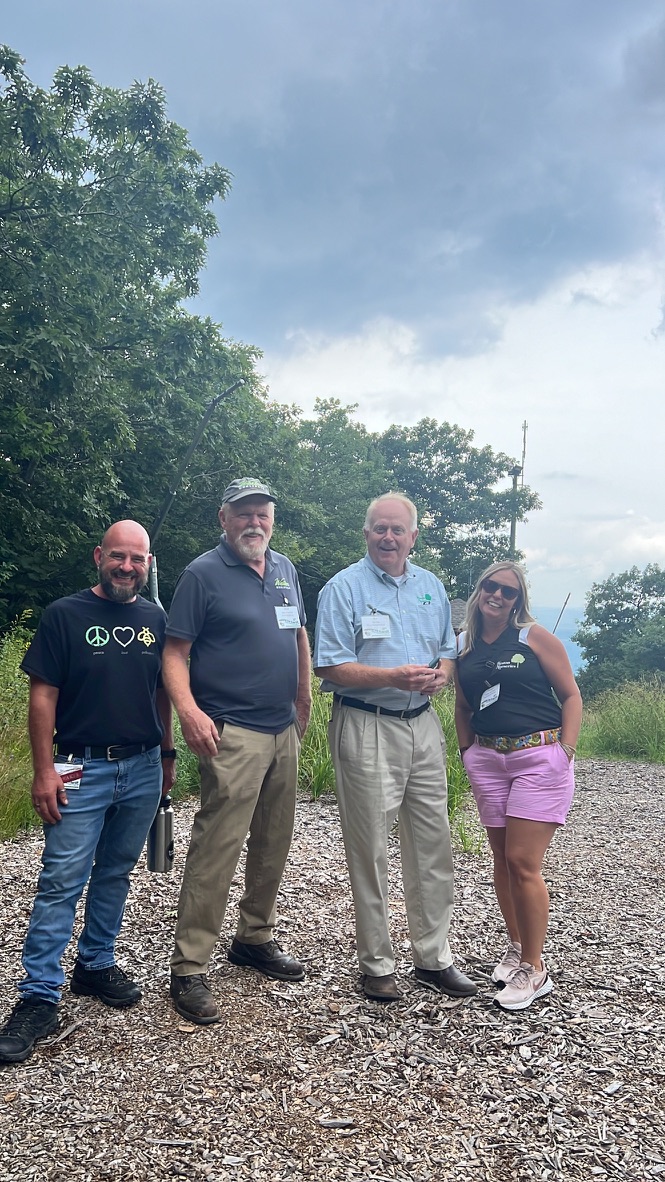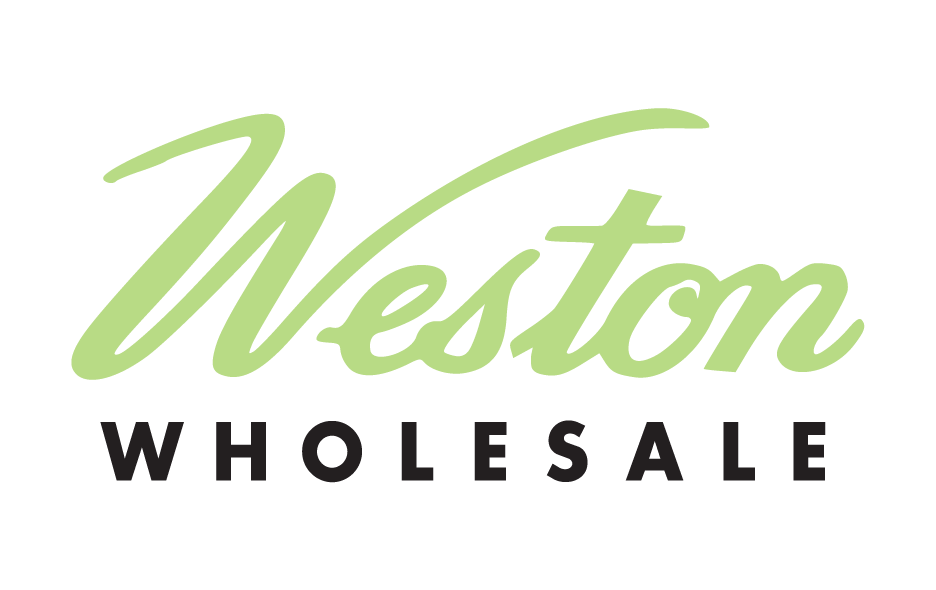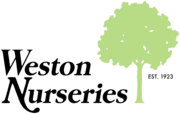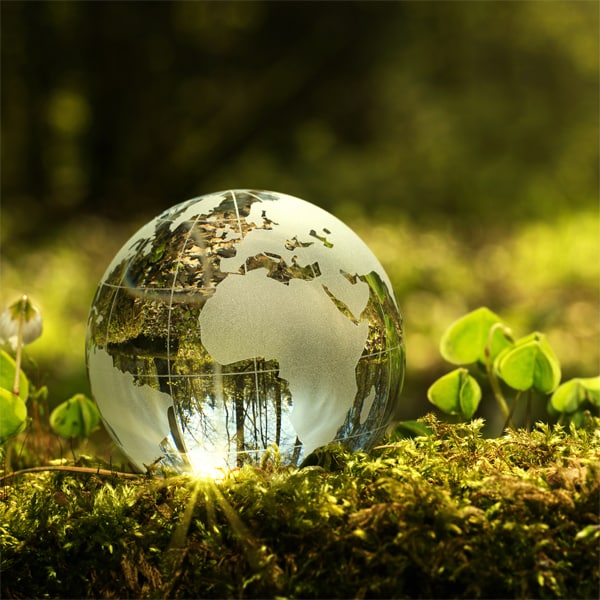
Sustainable Practices
We can all contribute positively to our community and our environment by consciously choosing products and practices that encourage clean air and a productive ecosystem. Weston Nurseries values sustainability and offers many ways to help you take steps in sustainable gardening, with the additional benefit of beautifying our surroundings.
Eco-Friendly Products
The following products will promote a sustainable and healthy environment for you and your plants, by limiting water usage, using organic materials, and recycling yard waste into compost.
Drought-Resistant Plants: We feature a wide variety of trees, shrubs, and perennials that require very little water once established.
Water Conservation: We carry soaker hoses, moisture meters, and water reservoir systems, as well as Hydretain, a soil additive and humectant that effectively cuts water consumption up to 50%!
With just a few applications a year, you will be able to see the amazing benefits that Hydretain can provide, such as watering less often, minimizing wilt and dry spots, lower water bills, improving plant health. For more information on Hydretain, visit our garden centers and ask about how it can help your lawn and garden!
Rain Barrels: NE Rain Barrels, “the Blue Rain Barrel for the Green Owner,” are made from recycled plastic barrels. Attach them to a roof downspout to collect storm run-off.
Mulch & Soils: We stock a wide variety of bulk & bagged soils, mulches, and compost, which can be used to maintain healthy soil biology and help retain moisture.
Compost: We carry compost bins and tumblers that turn yard waste into organic matter to improve your soil. We also have under-the-sink food compost caddies with biodegradeable liners for easy clean up.
Organic Fertilizers: We stock a wide variety of natural & organic products, including Espoma Fertilizers, which are safe for people & pets.
Some of Our Environmentally Sustainable Practices
Recycling: At our garden centers, we strive to exemplify sustainable practices that benefit both our environment and our products. One of our sustainability initiatives is recovering and recycling plastic pots. You can help us reduce the amount of plastic in landfills by bringing your used pots to the Garden Center.
Some pots will be re-used at Weston Nurseries; other pots will be picked up by E.L. Harvey, who will pick up the pots and use them as Plastic for Recycling and process them into new nursery pots. If you are interested in contributing your old or used pots, please remove soil, sand, mulch and rocks and rinse off the pots before bringing them to the garden center and placing them in the designated bins.
Irrigation: Water for our operations is recycled by a catch basin system that drains it back into our ponds. Drip irrigation system covers over 6 acres and cuts our water usage by 80%.
Local Plants: Most of our plants come from the Northeast region, thereby minimizing our carbon footprint from freight and transport.
Compost: Each year we turn thousands of cubic yards of clippings, leaves, and grass into premium compost which is available for sale from our Bulk Yard.
Mulch: We take in chipped trees and brush to create specialty blends of mulch, available for sale from our Bulk Yard.
Plastic pots: Containers and pots from our landscape operations are reused or recycled.
Paper: Office paper products are recycled, and we use electronic communications whenever possible.
